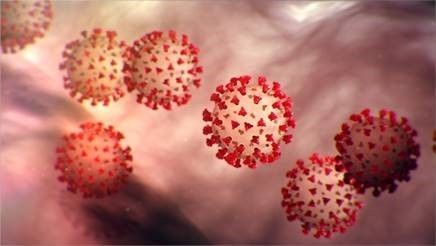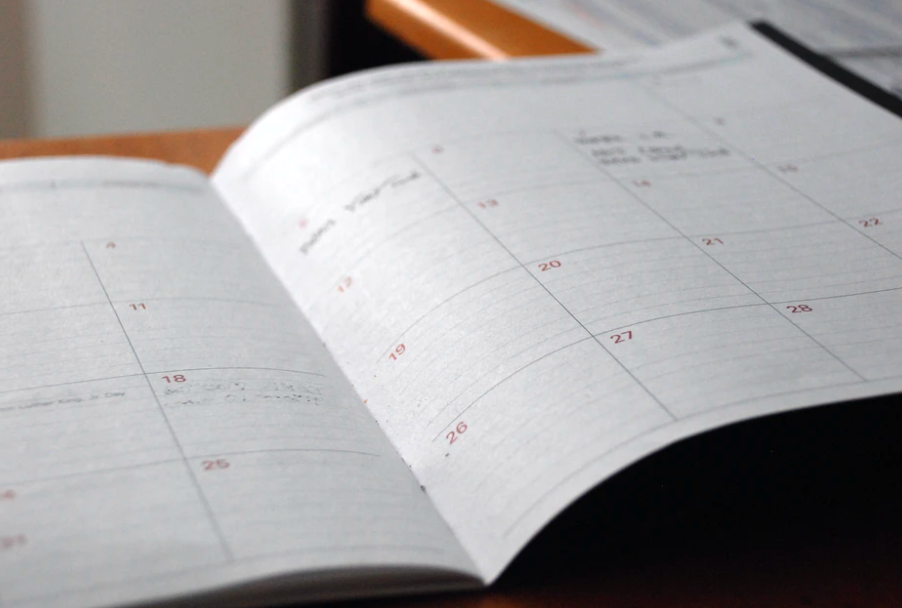Breastfeeding Resource Directory

HOW TO TELL IF YOUR BABY IS GETTING ENOUGH MILK:
Every mother-baby pair is different! That makes it hard to say exactly how your baby should be eating. In the first few days, your baby is getting rich, yellow colostrum (first milk). Signs that your baby is getting enough milk:
- One or two periods per day when your baby is alert, bright-eyed, and looking at your face
- A baby who wants to eat every 1-3 hours is generally satisfied between feedings, however, it is common for newborns to “cluster feed” (need to be breastfeeding very frequently) for a daily 4-6 hour stretch, often followed by a long period of sleep. This is normal behavior and helps stimulate an ample milk supply as your baby becomes an expert at latching and removing milk.
- Nurse at least 8-12 times in 24 hours
- At least 3-4 wet diapers per day by day 3 of life
- The normal change in stools over the first 2-5 days of life:
Meconium (dark green, tarry) to transitional stools (lighter green or brown) to breastmilk stools (yellow, seedy, or loose).
After 3-5 days, when your milk increases you will also notice:
- Your breasts feel full before a feeding and softer afterward
- A letdown sensation of milk dripping from the other breast
- You can hear your baby swallow
- You can see milk in your baby’s mouth
- Your baby is having dirty diapers.
After the first week, your baby should:
- Nurse at least 8-12 times in 24 hours
- Nurse about 10-20 minutes at each feeding
- Be happy during a feeding
- Gain about 4-7ozs per week (after a small weight loss the first week)
- Return to birth weight by 2 weeks of age
- Have 6 or more pale-colored, wet diapers in 24 hours
- Have 4-12 stools in 24 hours
- Be alert and bright-eyed for several periods each day
Call your baby’s doctor if:
- Your infant sucks only briefly, very soft or irregularly
- Your baby is very jaundiced and getting more yellow
- You have severe, constant nipple pain
- Your baby fights the breast or cries after a minute or two
- Your baby has fewer than 6 wet diapers a day
- Your baby seems weak, tired, or not interested in feeding
- Your baby has little or no stool or has dark green mucus stools.
Helpful National Resources:
US DHHS, Office on Women’s Health, www.womenshealth.gov/breastfeeding
Call: 1-800-994-9662
La Leche League International, www.llli.org
Kelly Mom: Parenting and Breastfeeding, kellymom.com
For information on medications and breastfeeding: 806-352-2519
This resource directory was put together by the
Southeast Nebraska Breastfeeding Coalition.
The Coalition is comprised of healthcare providers and breastfeeding advocates with the common goal
of promoting and supporting breastfeeding in Southeast Nebraska.
To contact us or get involved:
Amanda Drier Phone: 402-274-3993
Email: amanda@sedhd.org
Southeast District Health Department
2511 Schneider Avenue, Auburn NE 68305



